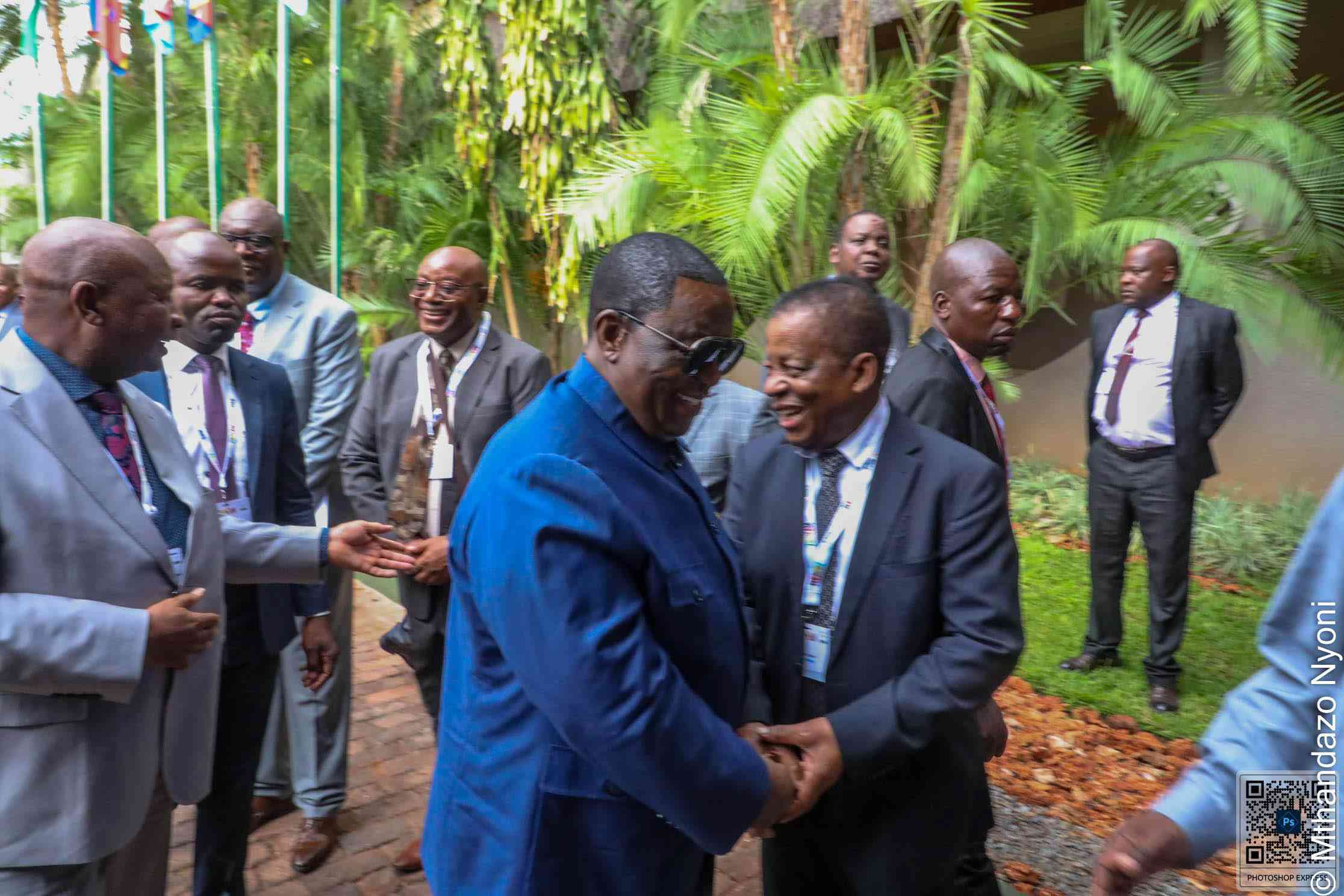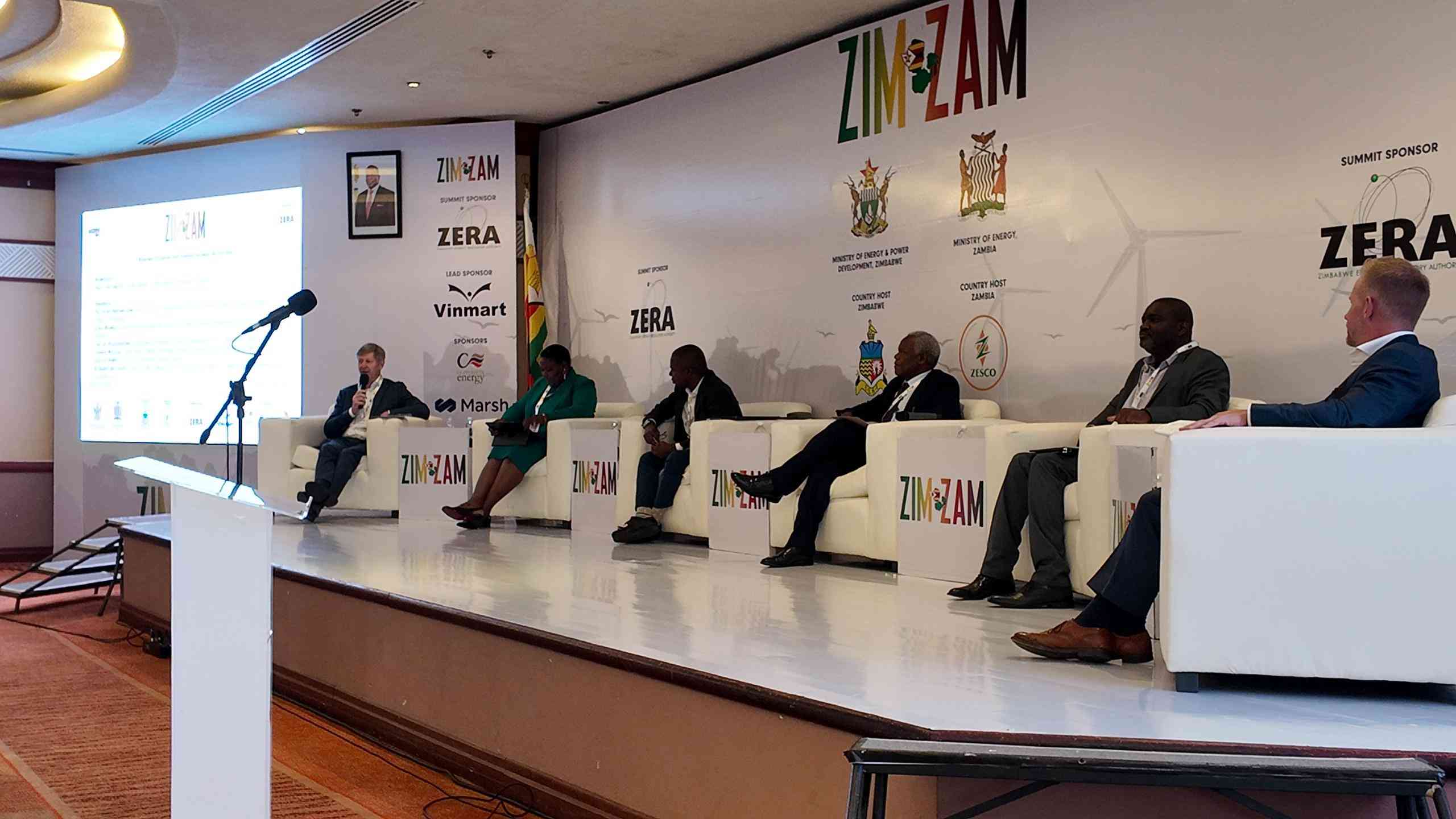
ZIMBABWE and Zambia should harness solar energy to alleviate electricity shortages and transform their energy landscapes through cross-border collaboration, an expert said yesterday.
The two countries are currently facing acute power outages due to low water levels at Kariba Dam.
To address these challenges, Zimbabwe and Zambia convened a high-stakes investment summit in Victoria Falls this week, which seeks to bolster investment and stimulate economic growth in their industrial and energy sectors.
The Zimbabwe-Zambia Energy Projects Summit is running under the theme, Powering Zimbabwe and Zambia’s Sustainable Energy Future: Unlocking Opportunities in Renewables, Grid Modernisation and Energy Access.
It ends on Thursday.
One of the summit organisers, EnergyNet Limited head of corporate development and portfolio manager Abdoulaye Sylla told NewsDay Business that the two countries should leverage favourable sunlight conditions and vast land resources for solar energy development.
“What we are trying to promote is a cross-border collaboration between the two countries,” he said.
“We are looking at the energy landscape. There is a massive opportunity for both countries and we want them to exploit that as much as possible. Zambia and Zimbabwe can be a blueprint for many other African countries.
- ZVDT laments lack of development in Zambezi Valley
- €30m set for Kariba Dam wall rehab
- Letters: Democratise natural resource governance
- Lubimbi villagers relocation set for next year
Keep Reading
“The importance of this event was to put those two together so that the industry itself can move forward. Zimbabwe and Zambia both face unique opportunities and challenges in the energy sector.”
Sylla said Zimbabwe and Zambia enjoy high levels of solar insulation, making solar energy a prime resource.
Zimbabwe has a vast underutilised land that could host solar farms while Zambia’s northern region also experiences a favourable sunlight condition.
“If we look at hydro, Zambia benefits from the Zambezi River and the Kariba Dam, which provides substantial hydro power generation potential,” he noted.
“While Zimbabwe also relies on the same hydro resources that are opportunities to expand and modernise infrastructure, looking at regional energy trade, that is actually what is really important to me.”
Sylla added: “Both countries are strategically positioned within the southern African energy grid. So, Zambia has interconnection with countries like South Africa, the DRC and Tanzania, and could enhance its role as an electricity exporter.
“Zimbabwe could leverage regional energy trade to stabilise its energy supply, especially through interconnection with neighbouring countries.”
The bi-annual conference, held in partnership with international finance institutions and the private sector, aims to accelerate project financing and establish a clear risk mitigation framework for Zimbabwe and Zambia.
The event convened key stakeholders, including ministries, utilities, regulators, energy organisations, international private sector stakeholders, institutional investors, private financiers, service and technology providers from both countries.
Topics under discussion delve on creating an attractive energy investment destination and leveraging innovative, profitable renewable energy solutions to achieve universal access.










